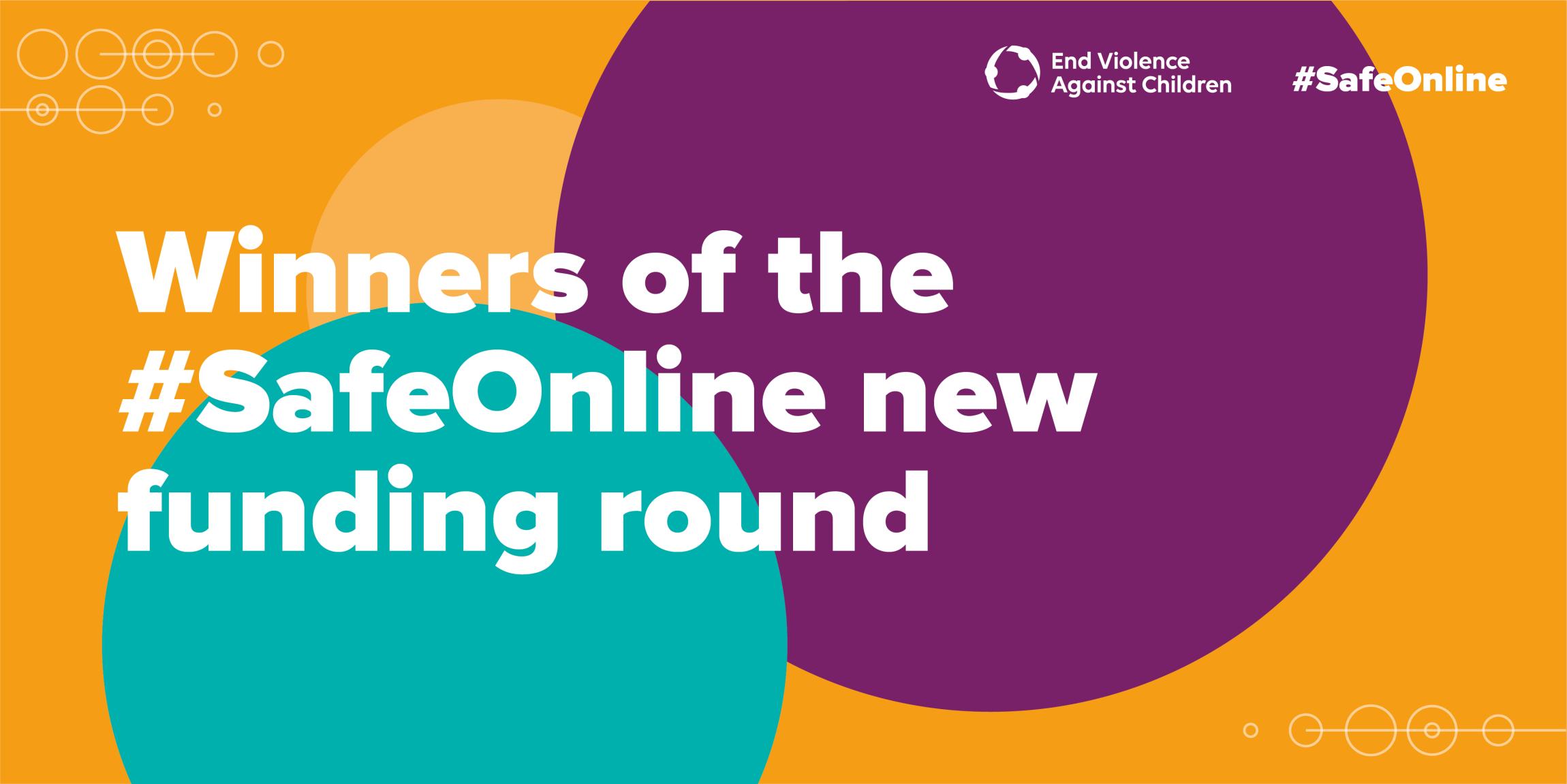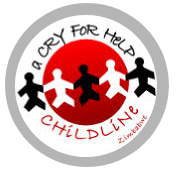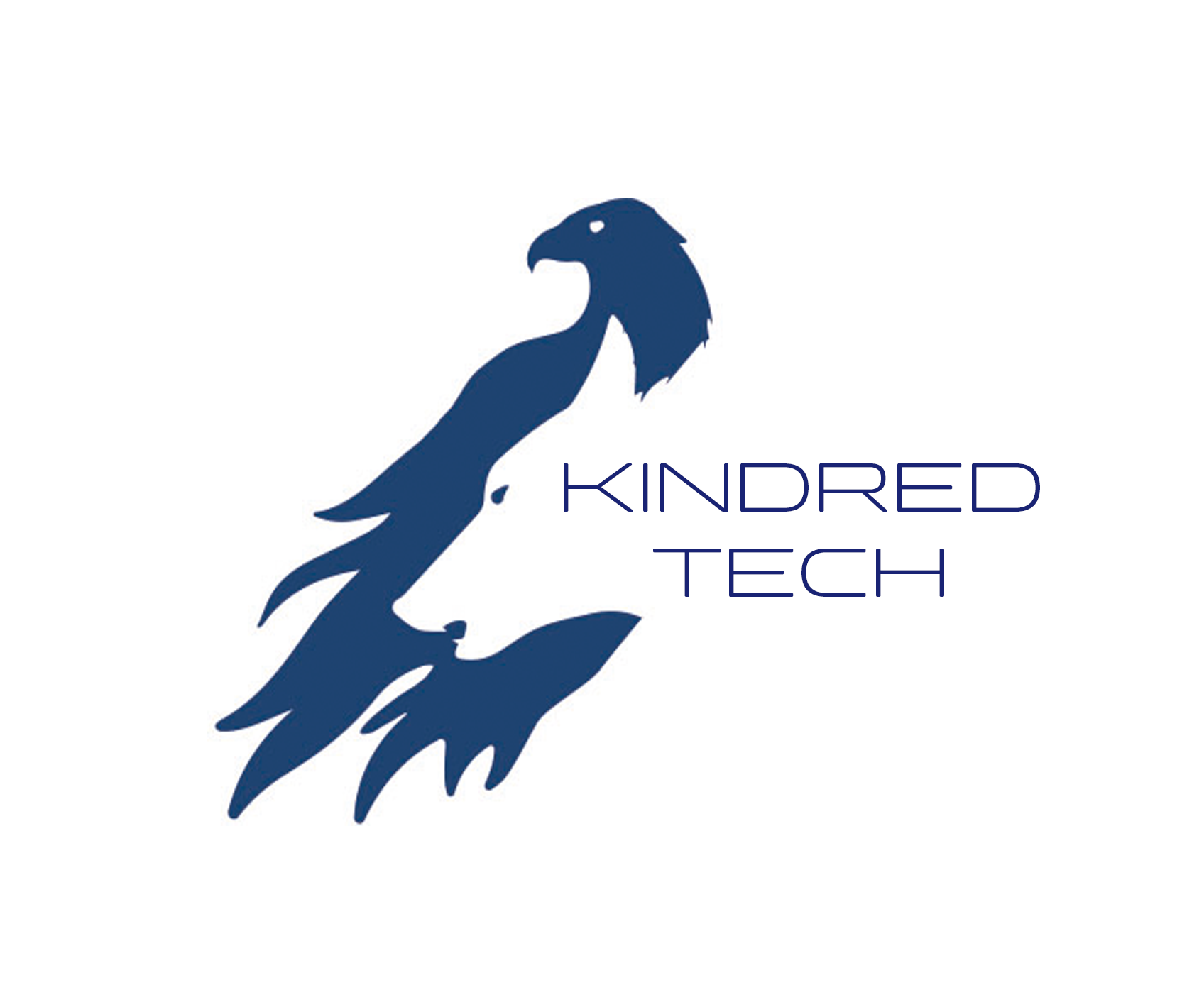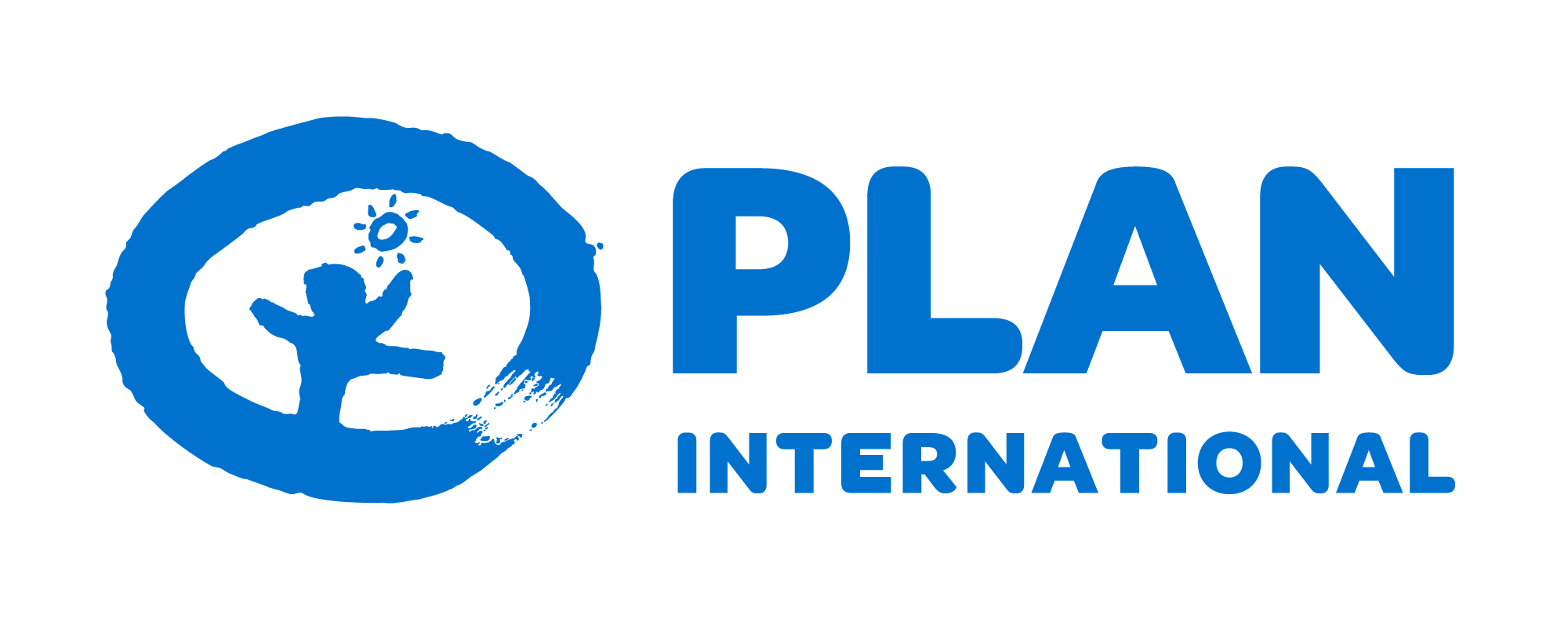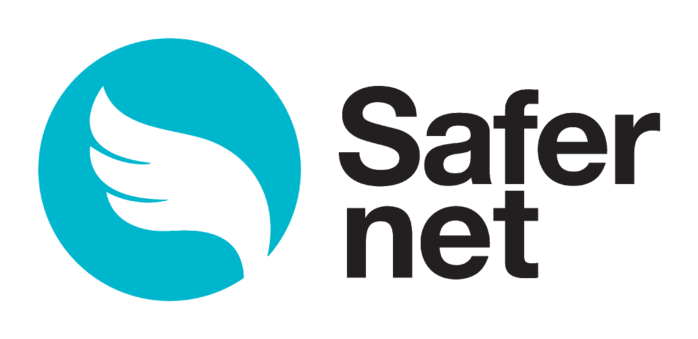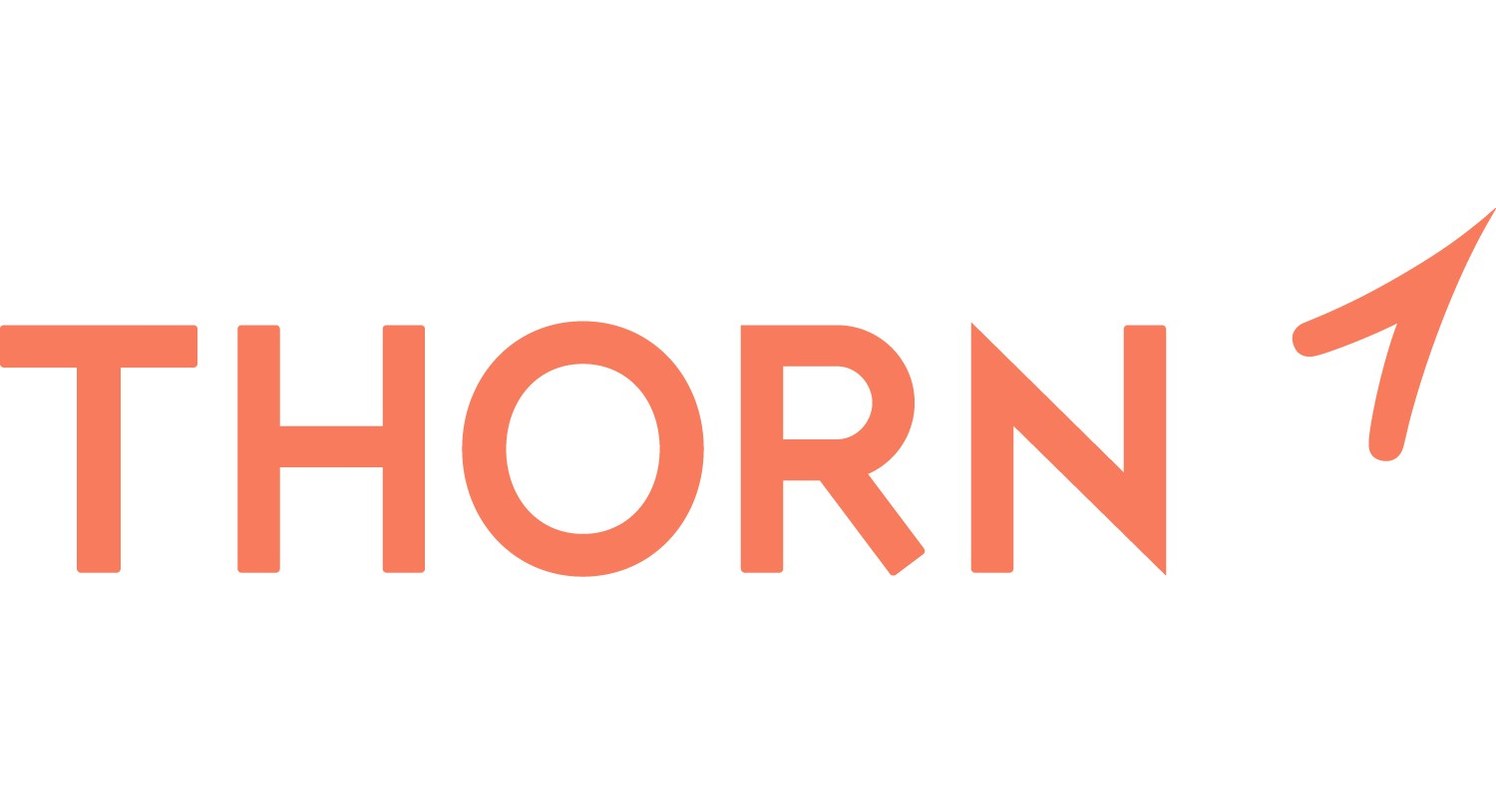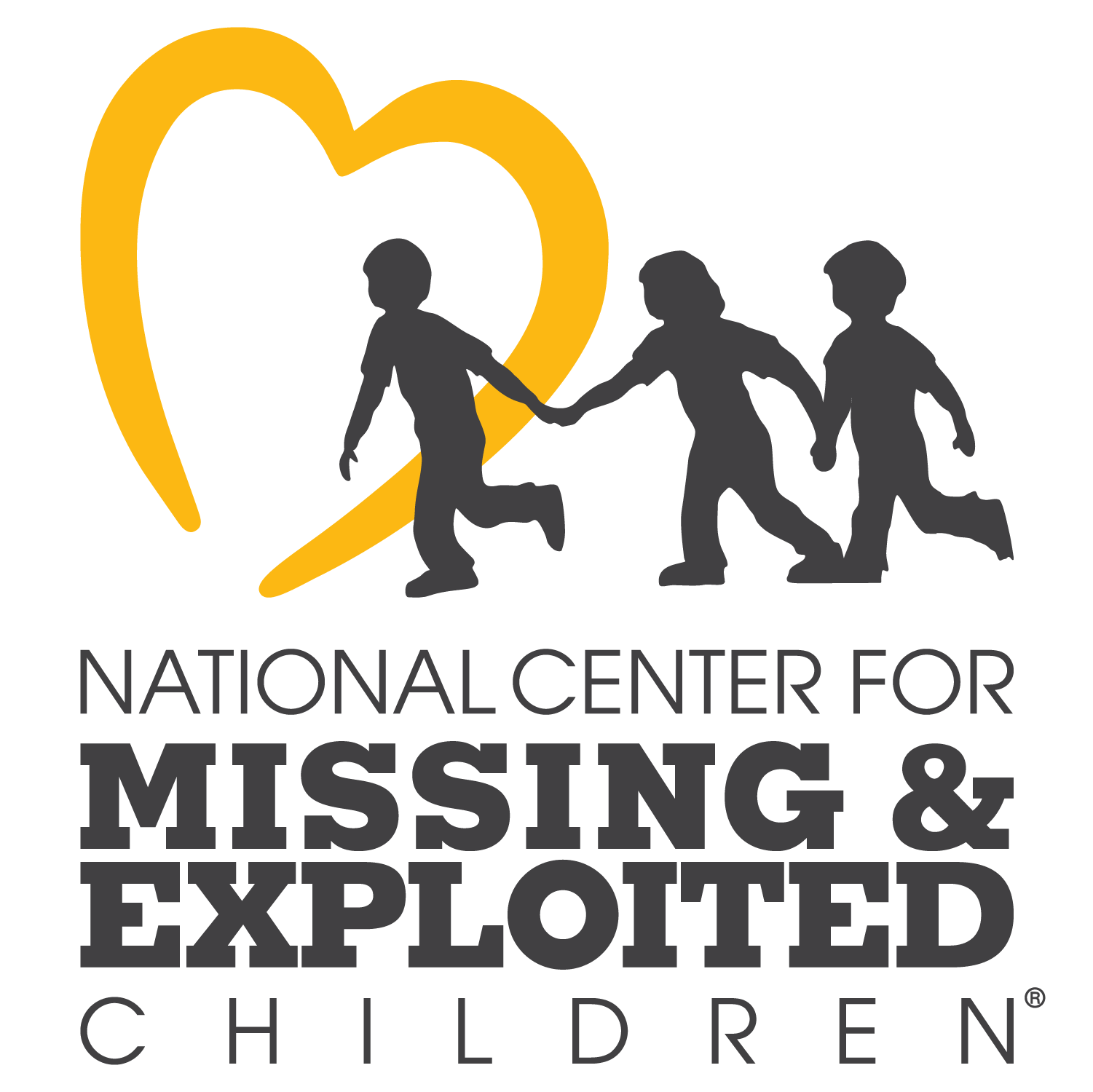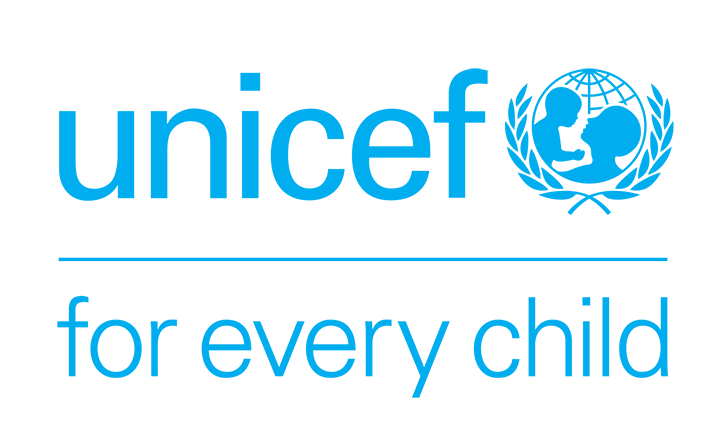Towards a safer digital world
As the reach of the internet expands, more children, and at an increasingly younger age, start to grow-up in a digital world. As their digital experiences increase, so do the threats and dangers they experience online. End Violence's Safe Online Initiative is making investments towards the building of stronger systems, evidence and solutions to make the digital world safe for children.
This year, Safe Online is investing US$ 15 million across 18 projects focused on strengthening systems and technology-based solutions to enable more effective and coordinated efforts to tackle online child sexual exploitation and abuse (CSEA). Since our inception in 2016, the Safe Online portfolio will grow to reach US$ 68 million in investments in 80 projects working to end and prevent online child sexual exploitation and abuse (CSEA) in over 75 countries.
We are today announcing 18 new grantees, who will go a long way in strengthening key pieces of the global ecosystem to ensure that every child is safe online, - whether that’s through building stronger systems at country level, designing and scaling technology tools or generating evidence to prevent the worst form of online violence-child sexual exploitation and abuse.
Our new grantees are working to strengthen national efforts to end violence against children; and engage parents and care-givers to ensure a safe online experience for children. At the global level, we are investing in projects that create, adapt and scale technologies to deter online violence against children. The technological solutions being developed incorporate artificial intelligence, machine learning and more to detect, prevent and report online child sexual abuse and exploitation and child sexual abuse materials.
Meet the new grantees:
Canadian Centre for Child Protection: Two distinct components will help to bolster Project Arachnid’s capabilities to target publicly available CSAM that, for the most part, has evaded detection. These efforts will have a significant impact on the removal of CSAM globally, as well as the prevention of online child victimization.
Child Fund Kenya's Safe CLICS project will address key gaps by increasing OCSEA awareness, building children’s and youth’s online safety skills, improving service providers’, schools’, communities’, parents’ and caregivers’ abilities to detect and respond to OCSEA, strengthening Kenya’s national framework and improving interagency coordination.
Childline Zimbabwe will work on the Screen Online Project which is designed to influence children, families and communities to adopt strategies that increase prevention of child abuse on online spaces and increase access to justice and social care where children have fallen victim of OCSEA.
INHOPE is creating ‘Global Standard – a common CSAM classification’. This is a global common language (ontology) for hotline analysts and law enforcement officers to classify CSAM. Following the Global Standard, an interoperable global CSAM hash set will be created and exchanged between hotlines, law enforcement and industry for CSAM detection & removal.
Pathfinder Kindred is developing ‘The Auditor’, a software solution designed to work with Internet Hotlines, government organisation and legal entities responsible for the removal of online harmful content. The Auditor is designed to be utilised by Analysts, who, while monitoring the removal of harmful content, suffer from vicarious trauma which can lead to a high turnover of staff and loss of expert knowledge. The Auditor will assist them with the monitoring of website removal, whilst protecting their wellbeing.
Plan International Viet Nam's project will address gaps in the child protection system to respond to online child sexual exploitation and abuse (OCSEA), working with adolescents, schools, parents and service providers to set up an innovative community-based survivor support model to improve the reporting of OCSEA and strengthen the quality of services for survivors
SaferNet Brasil's "D.I.S.C.O.V.E.R project” will create a sandbox for researchers, build new training datasets in the Portuguese language and allow trusted partners to develop cross-platform contextual and evidence-based research to foster the development of new open-source prototypes to fight online CSEA.
Tech Matters is developing ‘Aselo: Bringing Modern Technology to Child Helplines’ – a customizable, open source, contact center platform that allows children and youth to reach out to helplines via voice, SMS, webchat, WhatsApp, and Facebook Messenger. It includes automation of reporting of online child sexual abuse materials, providing children with the tools needed to protect themselves online. This tool will be extended to Chile, India, Jamaica, Thailand, and Zimbabwe.
Thorn recognises that the spread of child sexual abuse material online is a global problem that requires global coordination. Their project, Finding a Needle in a Haystack, which fuels Thorn’s collaboration with key trusted partners, empowers investigators worldwide with the critical information they need to identify child victims faster than ever before.
NCMEC’s CyberTipline will enhance a critical survivor-serving tool through a more accessible public reporting process for children, caregivers, and the general public. By reducing the burden of child sexual abuse reporting and developing a trauma-informed and interactive submission process, the new application will lead to more accurate data intake that will affect response, content removal, and impact global policy on child safety.
UNICEF Ethiopia's project will focus on strengthening child protection systems, including social welfare and justice systems, to prevent and respond to sexual exploitation and abuse that involves digital, internet and communication technologies. Capacity of the social service workforce and law enforcement professionals to deal with the OCSEA cases will be enhanced through training while parents, educators and public at large will be reached out to with various awareness raising activities on online safety for children and adolescents.
UNICEF Indonesia's Strengthening Safe and Friendly Environments for Children Online (SAFE4C) project aims to improve Indonesia’s national infrastructure and early support for victims so that children and caregivers are able to prevent harmful or unwanted experiences online.
UNICEF Kenya's project will strengthen Kenya’s response to online sexual exploitation and abuse. It will help frontline workers prevent, identify and respond to abuse and improve laws, procedures and standards for quality services. Children and caregivers will also be trained on online protection.
UNICEF Madagascar will support children and those around them to be able keep themselves safe online. Although access to the internet remains limited in Madagascar, its use is presenting opportunities but also many dangers for children and young users. This project will empower children and their families to prevent and respond to online exploitation and abuse while providing supportive services for children who have been abused. It is working for a safe, positive online experience #ForEveryChild
UNICEF Namibia's “In the picture: protect children from (online) violence” project will empower children and their caregivers by enabling them to recognise risky online situations and unacceptable sexual behaviour and seek help from police, social workers and other trusted adults when they are confronted with sexual exploitation and abuse.
UNICEF Philippines's "Project Safe” will focus on strengthening systems so children will be protected from the risks and threats in online and offline platforms. It also aims to empower children to demonstrate personal skills and protective behaviour in identifying and managing risks, protecting themselves and reporting their experience of violence, including seeking professional help when needed"
UNICEF South Africa is working on the Enhancing Child Online Safety Programme. This falls within UNICEF's wider strategy to protect children from violence and exploitation in all settings and builds on UNICEF's continued efforts to support coordinated national responses to OCSEA using the WePROTECT Global Alliance Model National Response as a guide to drive national action.
UNICEF Viet Nam will work on the Safer Internet - Safer Childhood project will focus on strengthening the national legal infrastructure and capacity, improving early interventions and victim support, and increasing knowledge and engagement of caregivers, teachers and children to prevent and protect children from OCSEA.
